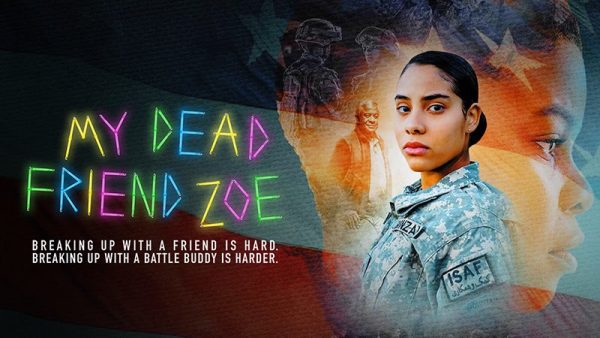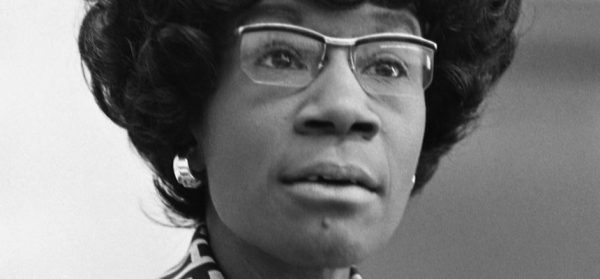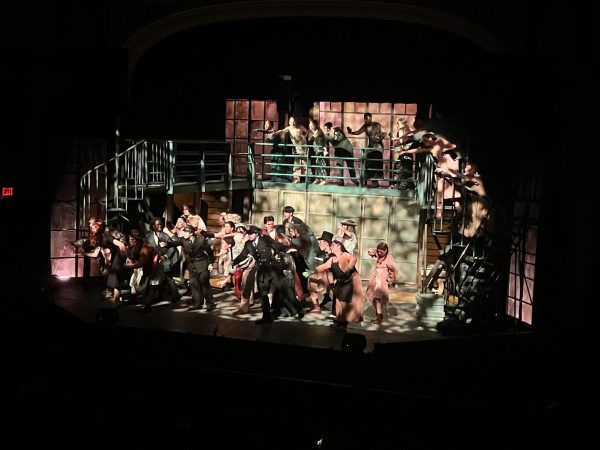True crime: exploitation in entertainment

The success of true crime programs like “Serial”—a Peabody Award-winning podcast narrated by Sarah Koenig—have proven that there is public interest in the realm of real-life violence and deception. The exploration of actual crimes via television, podcast and documentary has captivated millions, but has also called into question whether true crime is contingent on the exploitation of personal tragedy and loss.
Bearing one’s soul over the phone from a prison cell to the ears of millions is no small feat. It often seems the significance is lost as listeners weave themselves into the fabric of the story—trading conspiracies over the internet, sleuthing for clues, and inadvertently tainting the overall narrative.
The depictions of involved members in such cases, particularly those of law enforcement and the prosecution, are rarely flattering. For doing their jobs, they are unjustly vilified by producers and condemned by audiences. Entire livelihoods are put at stake to produce entertainment for the masses.
In the case of the popular Netflix series “Making A Murder,” the lead prosecutor, Ken Kratz, was targeted by the the program’s large pool of viewers.
“I’ve had 4,000 death threats since the series first aired,” Kratz said in an interview with The Guardian. “I’ve had packages explode in my office. I’ve had my car shot at.”
At the same time, true crime programs are capturing a large audience’s attention and drawing it to the failures of due process. Careless police work, flawed forensics, forceful interrogations, faulty witnesses and the concerning condition of state-funded criminal defense are all under the microscope in these programs.
This understanding of the flaws within the courts system can be a powerful tool. However, the genre remains notorious for contributing to the “glorification of gore,” as horrific tragedies are dissected for the sake of a mere boost in ratings.
True crime continues to be produced as large media companies churn out the crime-filled content craved by the public. Responsibility instead lies in the hands of the production teams and viewers to respect the human suffering inherent to their grisly subject matter, while advocating for change within the criminal justice system.
Kate Sibery is a student at The Masters School and the Editor-in-Chief for their school newspaper Tower. She has been writing since an early age and has...












